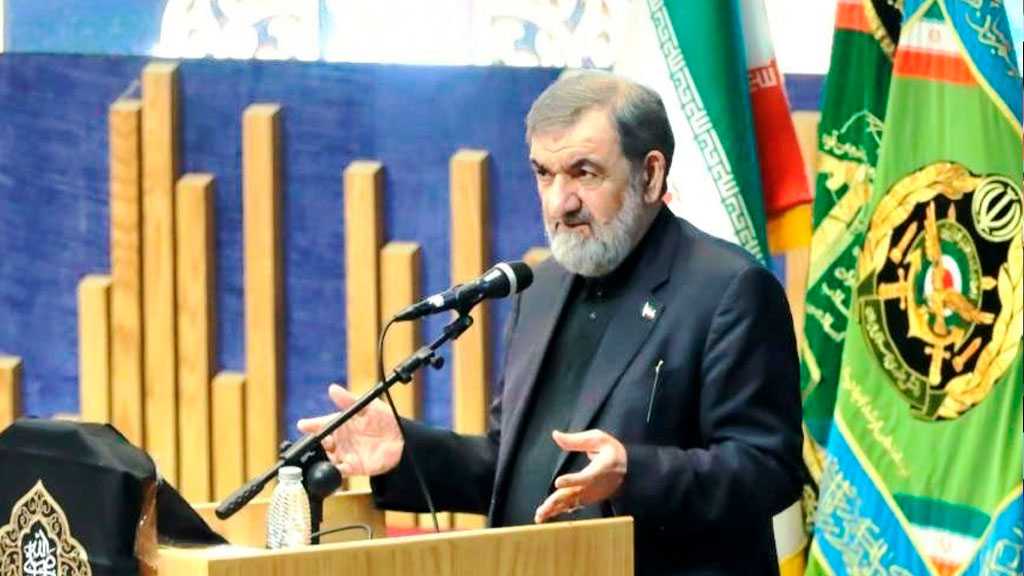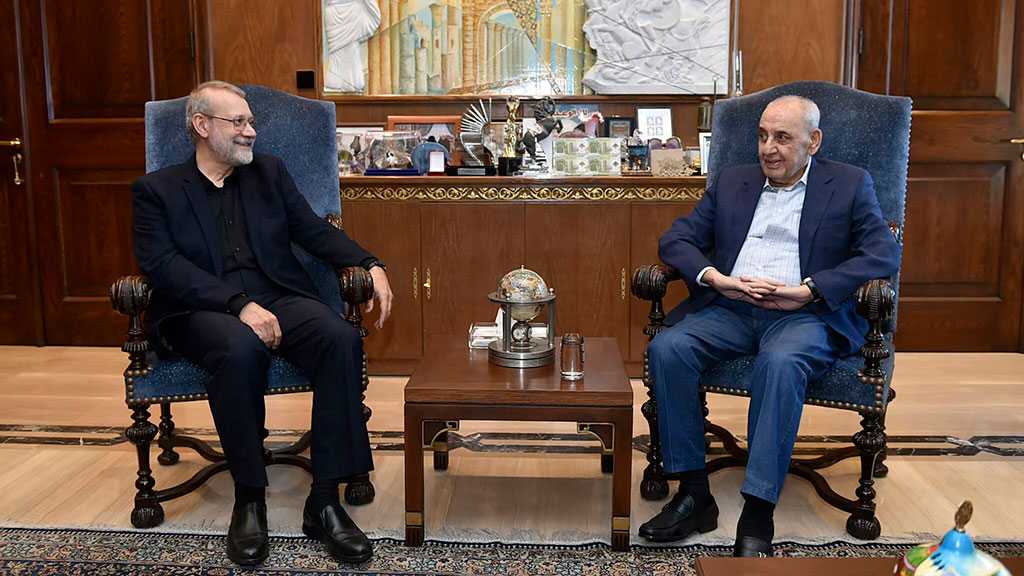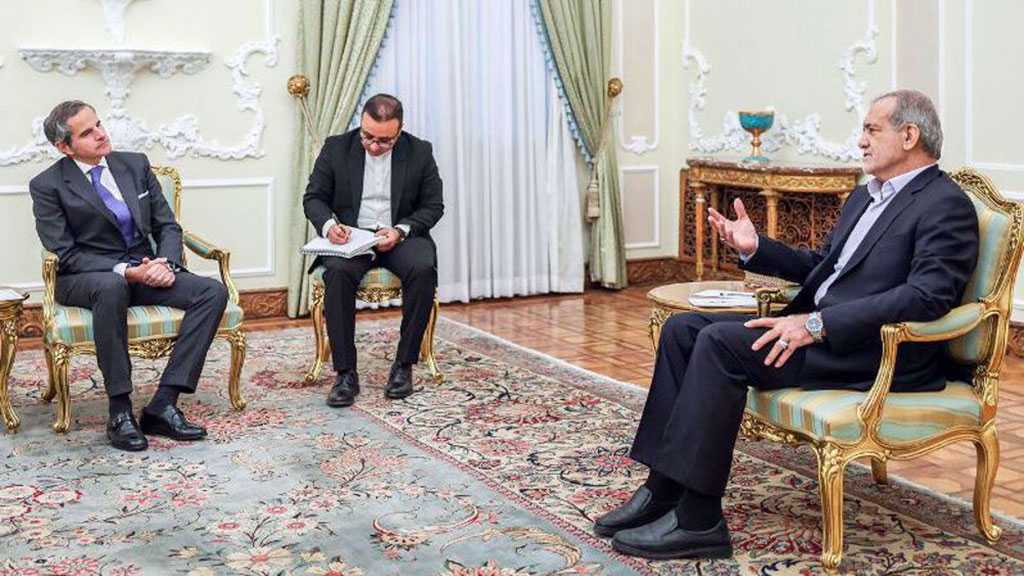
Eid Al-Ghadir: A Prescription for Humanity

By Staff, Khamenei.ir
A review of the topic of Eid Al-Ghadir based on the Leader of the Islamic Revolution’s statements.
Al-Ghadir: An Indisputable Historical and Islamic Event
Eid Al-Ghadir is regarded as the greatest Eid by Muslims and is an undeniable event in Islamic history, acknowledged by both Shia and Sunni scholars. It is “the greatest Eid determined by God, and it is above all other Eids” [Sept. 20, 2016]. It commemorates the event during the Prophet Mohammad's Farewell Hajj when he declared Imam Ali ibn Abi Talib [AS] as his successor at Ghadir Khumm. The Holy Prophet [PBUH] introduced Imam Ali and said, “For whomsoever I am his master, whoever I have authority over, whoever has accepted my governance, Ali is his master too. Ali ibn Abi Talib – this Ali that I am showing you, is his master” [Sept. 14, 1984].
Al-Ghadir as a Criterion and Measure for Islam
Al-Ghadir is not just a historical event; it represents the comprehensive nature of Islam and the Prophet’s role in managing society. It emphasizes the importance of “caliphate, wilayat and Islamic governance, prompted the Holy Prophet to inform and enlighten the people about this matter in the final months and weeks of his blessed life” [Sept. 14, 1984], showing that governance in Islam involves not just spiritual, but also political and administrative aspects to guide society.
Imamate: The Model Presented by Al-Ghadir
Al-Ghadir presents the model of Imamate, highlighting a leader who is spiritually and morally exemplary and capable of action. It was not just about appointing a successor but emphasized the concept of Imamate as the ideal form of governance, contrasting with secular forms of rule based on human weaknesses and desires.
“Imamate is the pinnacle of the meaning of governing society in a desirable fashion in contrast to all kinds of management of society that are founded on human weaknesses, lusts, arrogance and greed” [March 3, 2002].
Al-Ghadir: A Universal Issue Beyond the Shia Community
Al-Ghadir signifies that "the governance of human affairs is a divine matter, not a human one. This sets it apart from all other matters regarding human beings" (April 26, 1997). The Prophet’s appointment of Imam Ali [AS] was based on divine command, emphasizing qualities like knowledge, piety and sacrifice. Therefore, "Al-Ghadir in its true meaning is not limited to the Shia alone" [March 3, 2002]. This is because "the matter of Imamate is not a matter exclusive to the Muslims or the Shia" [Nov. 25, 2010].
The Potential Historical Impact of Following Al-Ghadir
The event of Al-Ghadir determined "the duty of the Islamic nation in terms of guidance and governance" [Dec. 6, 2009]. Had Muslims adhered to this divine decree, the course of human history would have been significantly different, potentially leading to a more advanced state of human civilization today.
Comments
- Related News



